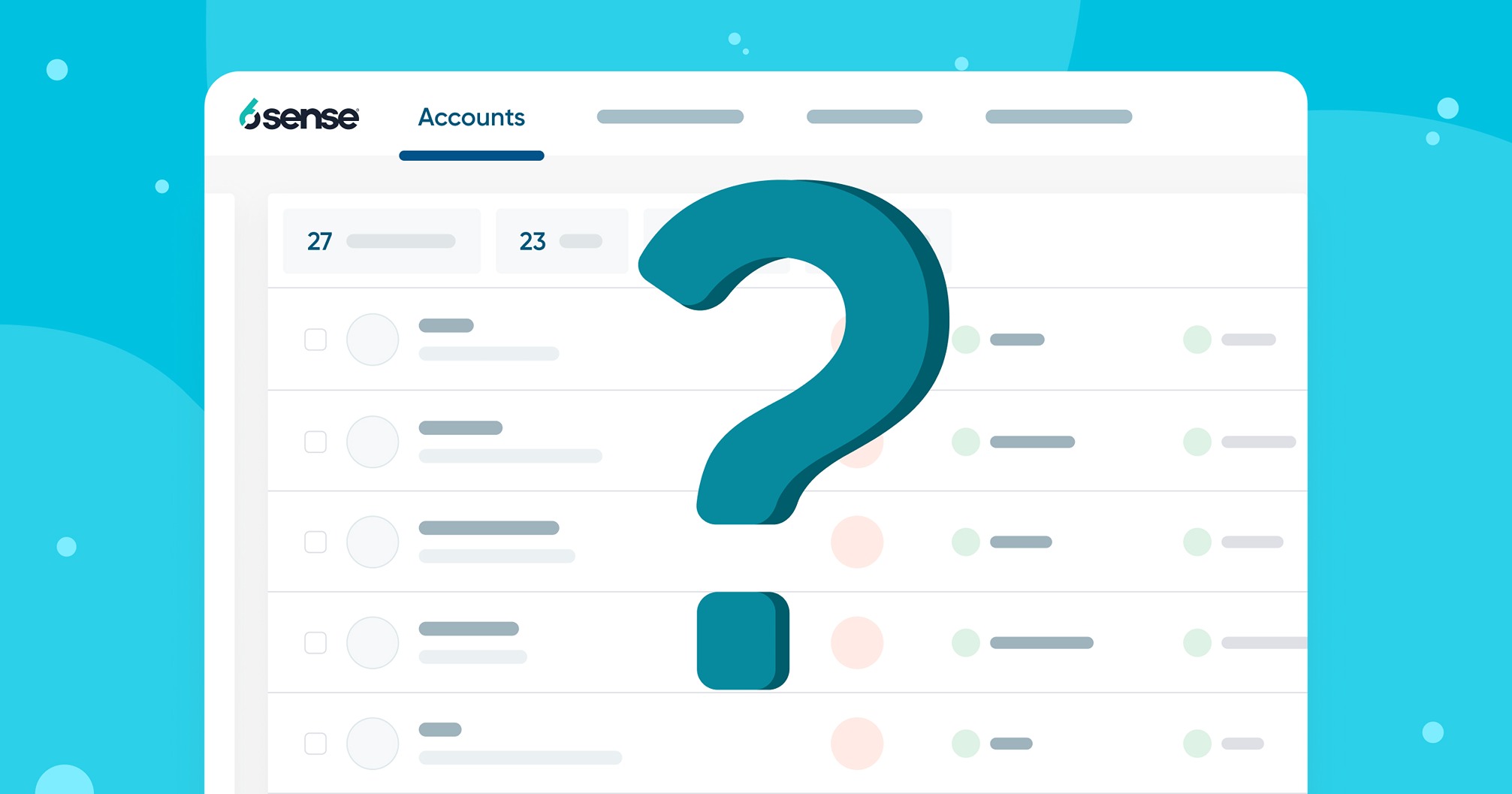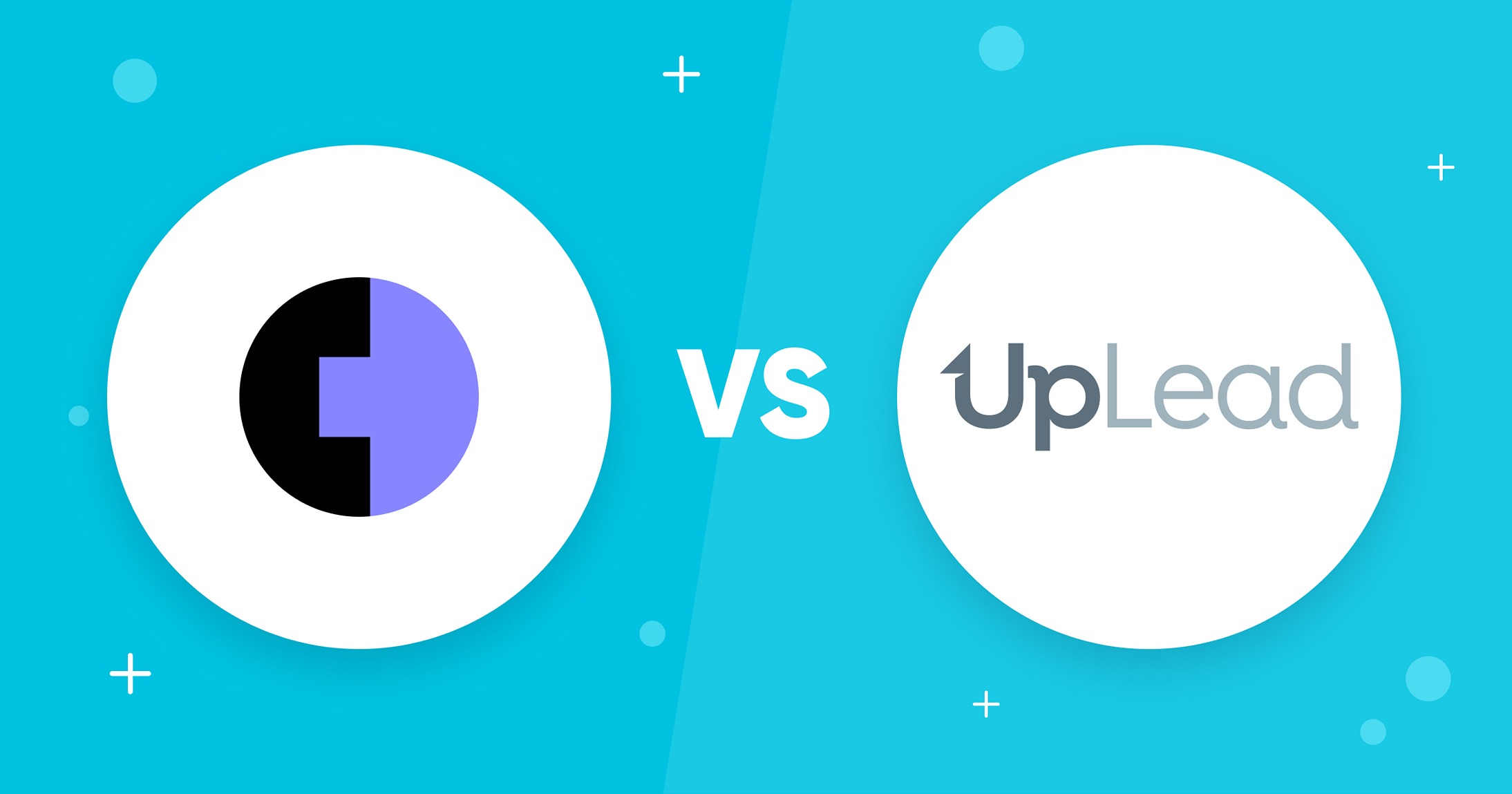Several years back, Cam Adair had dropped out of high school; while his friends were off at college, he was living in his parents’ basement and playing video games for up to 16 hours a day. He was depressed, anxious, and it wasn’t until he sat down and wrote a suicide note that he realized he had to drastically change his life.
Today, Cam is a keynote speaker on addiction and mental health, and he’s traveled across the globe to speak to students about gaming addiction. He’s also the founder of Game Quitters, the world’s largest support platform that serves gamers in 94 countries.
In this UpLead Growth Chat, we sat down with Cam to talk about how he turned his life around after he’d hit his lowest of lows, and how he’s empowering addicted gamers worldwide with his platform. To jump to specific segments of our interview, click on the relevant links from the Table of Contents above.
Early career and personal growth
Will: In your early career, you worked as a Editor-in-Chief at online platform Kingpin Lifestyle, and as a Motivational Speaker at Kingpin Social. What did you learn from your stint at Kingpin?
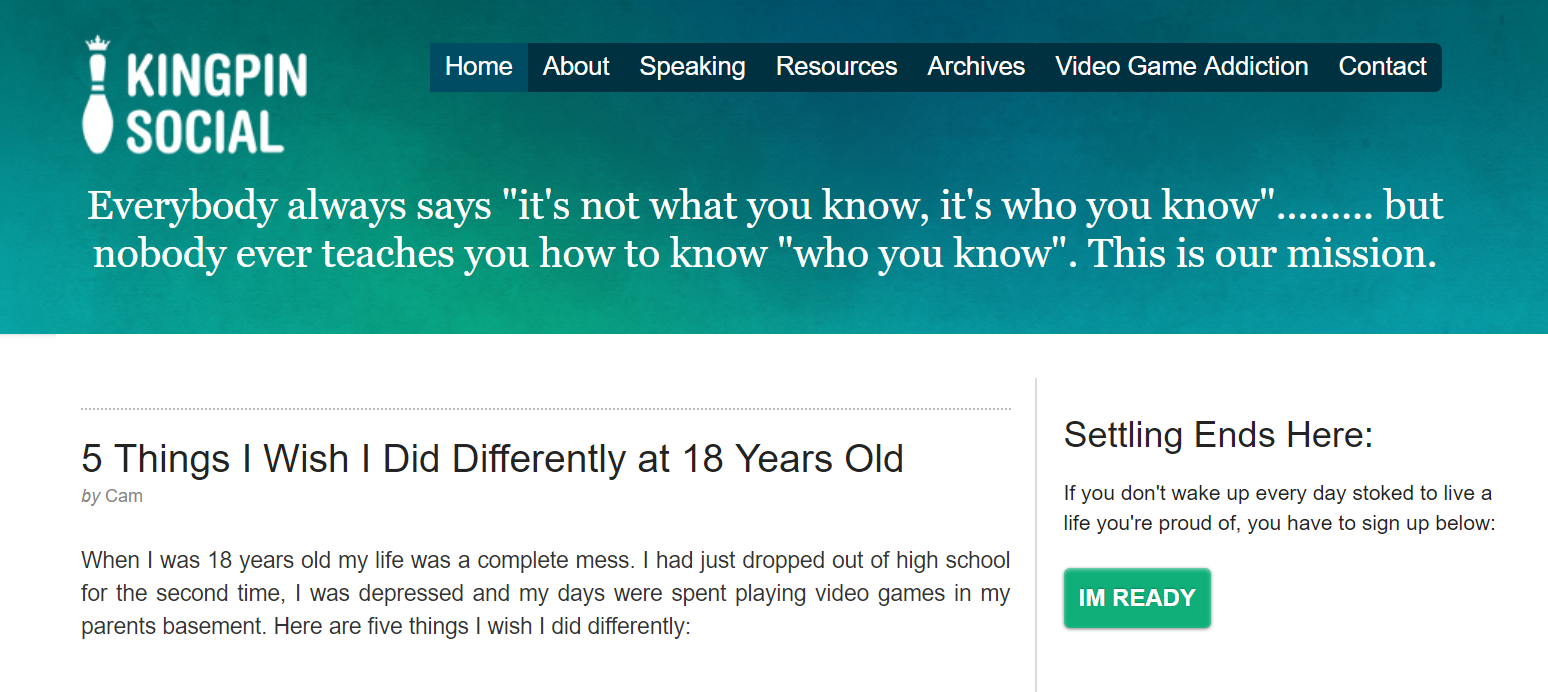
Cam: The biggest thing I learned was to make sure you put teammates in a position that plays to their strengths. Kingpin was my first business and I had very little experience — so when we brought other teammates on, I tried to make them a clone of myself instead of identifying their strengths and allowing them to succeed in that area.
Take my business partner, for instance. He had amazing social skills and enjoyed deep conversations, and he’d have been an excellent podcast host. Instead of letting him play to his strengths, I got frustrated when he didn’t invest his time and energy into learning SEO and other strategies I was familiar with.
This was back in 2009, by the way, when podcasts were still very new and competition was very low. On hindsight, allowing my partner to lead and execute a podcast strategy could have been an incredible way for our business to grow.
Will: You’ve been a Social Innovation Fellow at StartingBloc Institute from 2014 till today. What, exactly, does this entail?
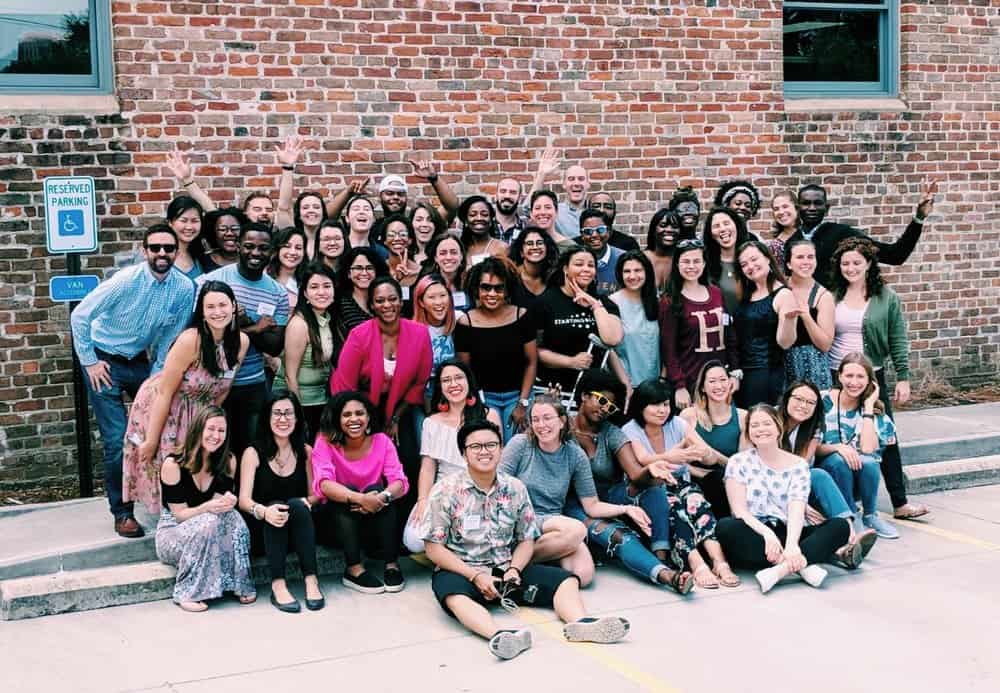
Cam: StartingBloc is a 5-day leadership program focusing on social entrepreneurship. During the program, you get to learn from some of the world’s best social entrepreneurs through workshops and other exercises.
One of the biggest lessons I learned was how to do rapid prototyping — this is a way of quickly hacking together a working version of your product to get feedback from potential customers. Rapid prototyping provides you with the opportunity to learn and iterate, and it saves you from the trap of trying to perfect your idea (when you don’t really know what your potential customers want).
Another great thing about StartingBloc is that you get to meet a ton of amazing people, and the networking opportunities are endless. Currently, there are over 2,000 fellows who cover a wide spectrum of experiences and skills, and many have become close friends who have helped Game Quitters become what it is today.
Will: In 2016, you started working with Campuspeak to speak with students about a range of topics, including addiction and mental health. How often do you speak these days? What’s one of your most memorable moments from the sessions you’ve conducted?
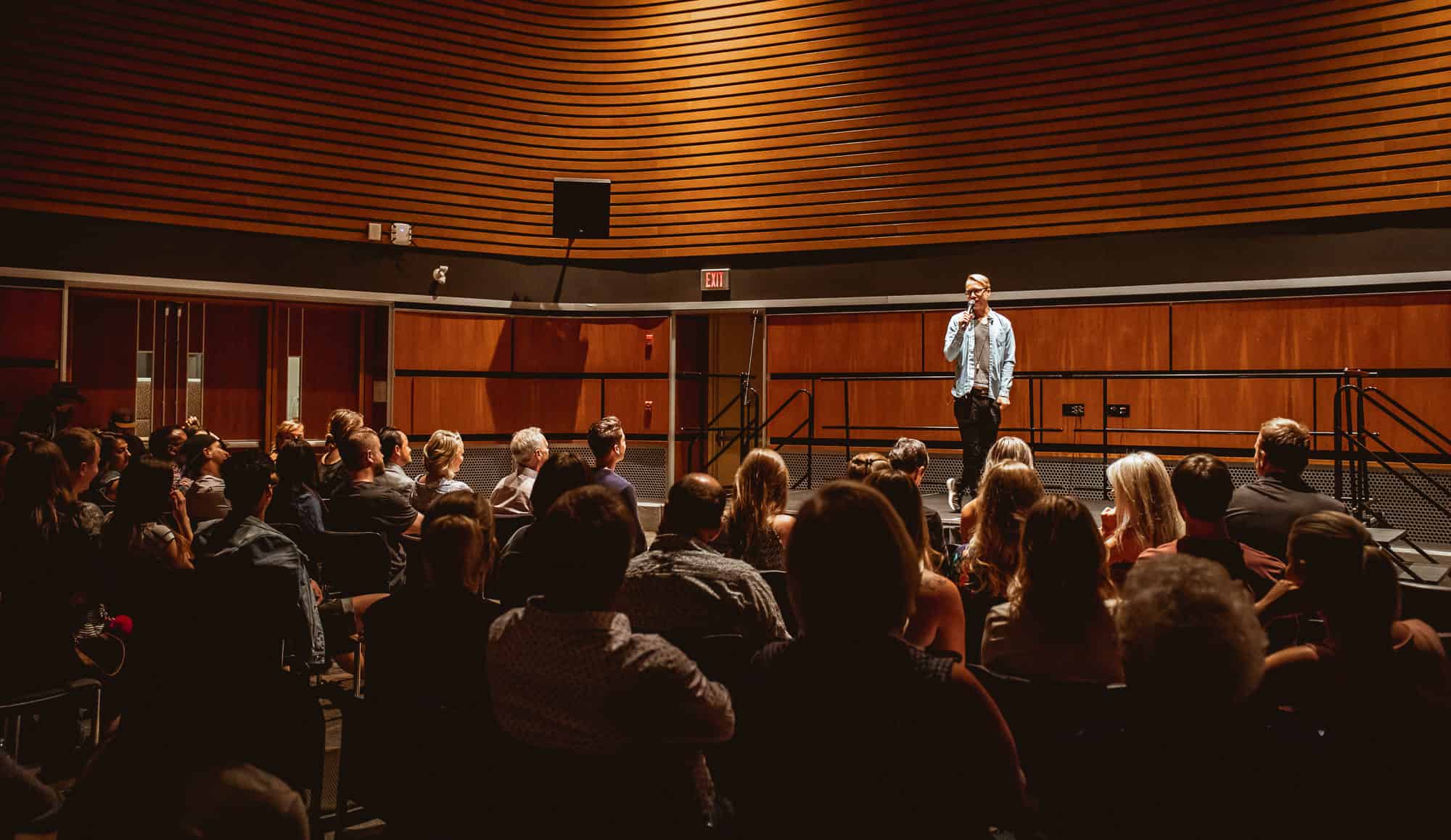
Cam: This year I spoke 27 times in six countries — I did three tours across Australia plus had my first gig in the Middle East (Lebanon). Next year, I have 16 gigs lined up, and I’ll be speaking in the UK for the first time.
One of my most memorable gigs this year was in Melbourne, Australia. It was meant to be a parents’ educational night, but as the audience filtered in, I noticed it was made up of half parents, and half teenagers who were forced to be there by their parents.
Usually I speak to students OR parents, not a mishmashed group comprising of both. I knew my typical approach wouldn’t work, so I had to improvise. I started by asking students to share their biggest frustrations with their parents (related to gaming), and then asked the parents to do the same. From there, I tried to bridge the gap, and get each side to understand the other.
How Cam Adair struggled with game addiction, and came to the verge of committing suicide
Will: You’ve talked openly about how your work in game addiction began through your own experience of being addicted to gaming. Tell us more about this addiction: how bad did it get?
Cam: After facing intense bullying in the 8th grade, gaming became a way for me to escape, and it eventually led me to drop out of high school. I never graduated —
“While all of my friends were off at college, I was living in my parents’ basement and playing video games for up to 16 hours a day.”
I was super depressed, anxious, and even deceived my parents by pretending to have jobs. As much as gaming allowed me to escape, it didn’t fix any of my problems, and my depression got worse and worse and worse, culminating in writing a suicide note on a particularly bad night. It was this night when I realized I needed to make a change, and that change began by quitting gaming.
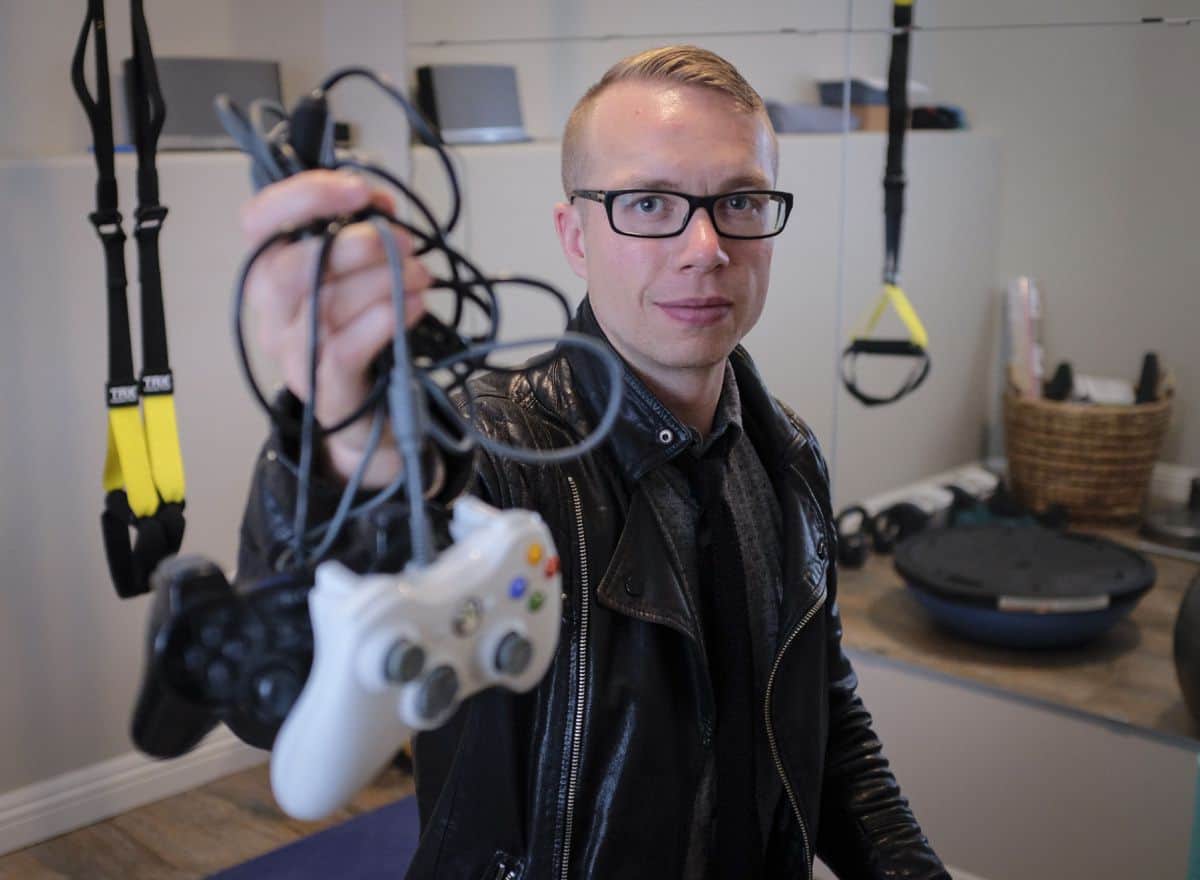
A few years later, I relapsed. I went from not gaming for two years to gaming 16 hours a day for five months straight. This literally happened overnight, which made me question — what was it about these video games that I was so drawn to? How did I go from not gaming for two years to gaming 16 hours a day? Why did I want to play so bad?
I realized there were specific reasons why I played, beyond just “games are fun”. That’s when I figured out — in order to quit for good, I had to find new activities that fulfilled the needs that gaming fulfilled for me. That is: to escape, to connect with other people, to experience measurable progress, and to feel a sense of purpose.
On building Game Quitters to become the world’s largest support platform for game addicts
Will: You founded Game Quitters, which is the world’s largest support community for video game addiction. Did Game Quitters take off quickly, or did it take some time to gain traction?
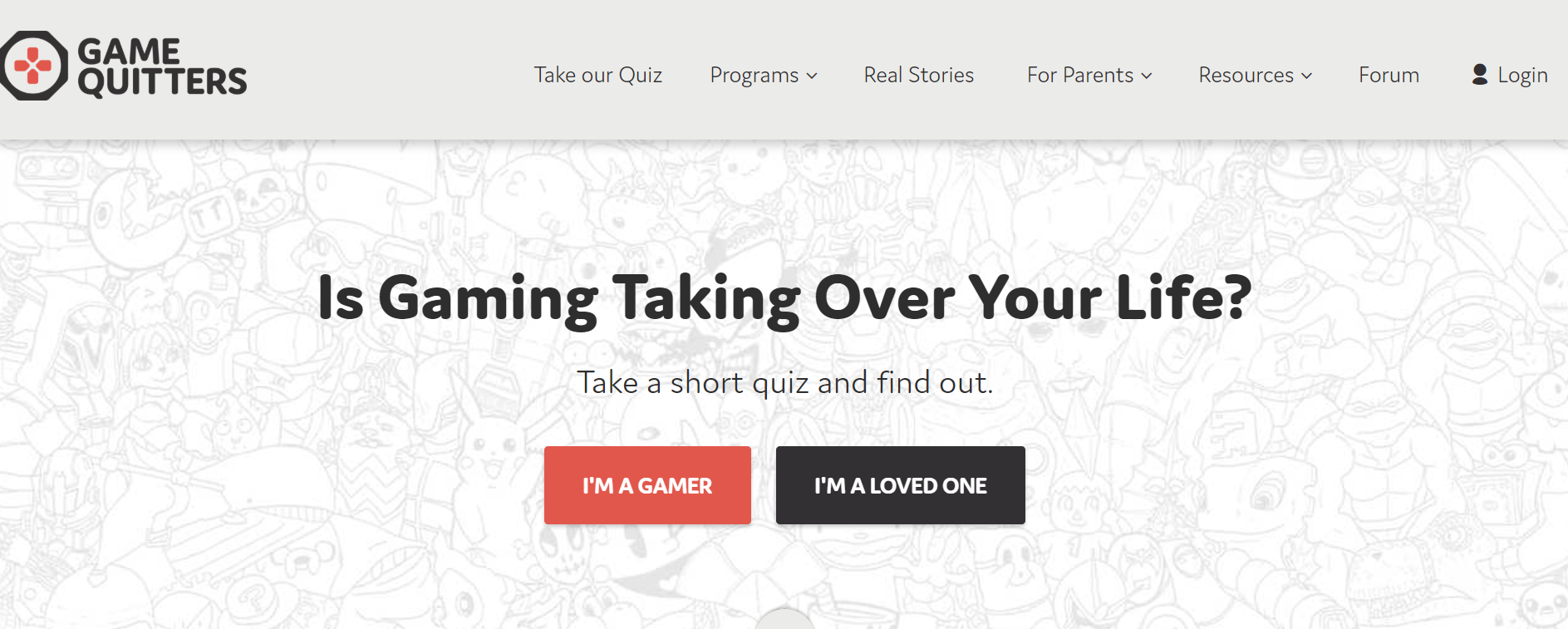
Cam: From my very first blog post on how to quit playing video games, Game Quitters gained a lot of traction. Two years later, I shared my story in my TEDx talk on escaping video game addiction, and that brought a lot of eyeballs to the platform as well. The traction we’ve received validates what we’re doing — it shows that game addiction is a serious problem many people are struggling with, and need support for.
Will: With platforms such as Game Quitters, the network effect comes into play. The more people there are on your platform, the easier it is for you to connect people.
Bearing this in mind, how did you engage the early users of Game Quitters, who joined the platform only to realize that there weren’t many people they could chat with?
Cam: Initially, I took the brunt of this —
“I responded to every comment, email, or message I received for many years.”
Then people asked me to start a forum, so we did that, and I helped to grow the community on Reddit as well. We tried an IRC chat and nobody used it, so we tried Discord instead and that has worked very well.
Will: Game Quitters serves several segments, including gamers, parents, and mental health professionals. How are your users split among these segments?
Cam: 80%+ of our website users are gamers seeking help for themselves.
That said, over the past year, we’ve released more resources for parents and mental health professionals — and that has helped us grow. We’ve recently hit 500 members of our parent support group on Facebook.
Will: You have members in over 94 countries on your platform. Are there any countries where your members are congregated in? Walk us through the profile of a typical Game Quitters member.
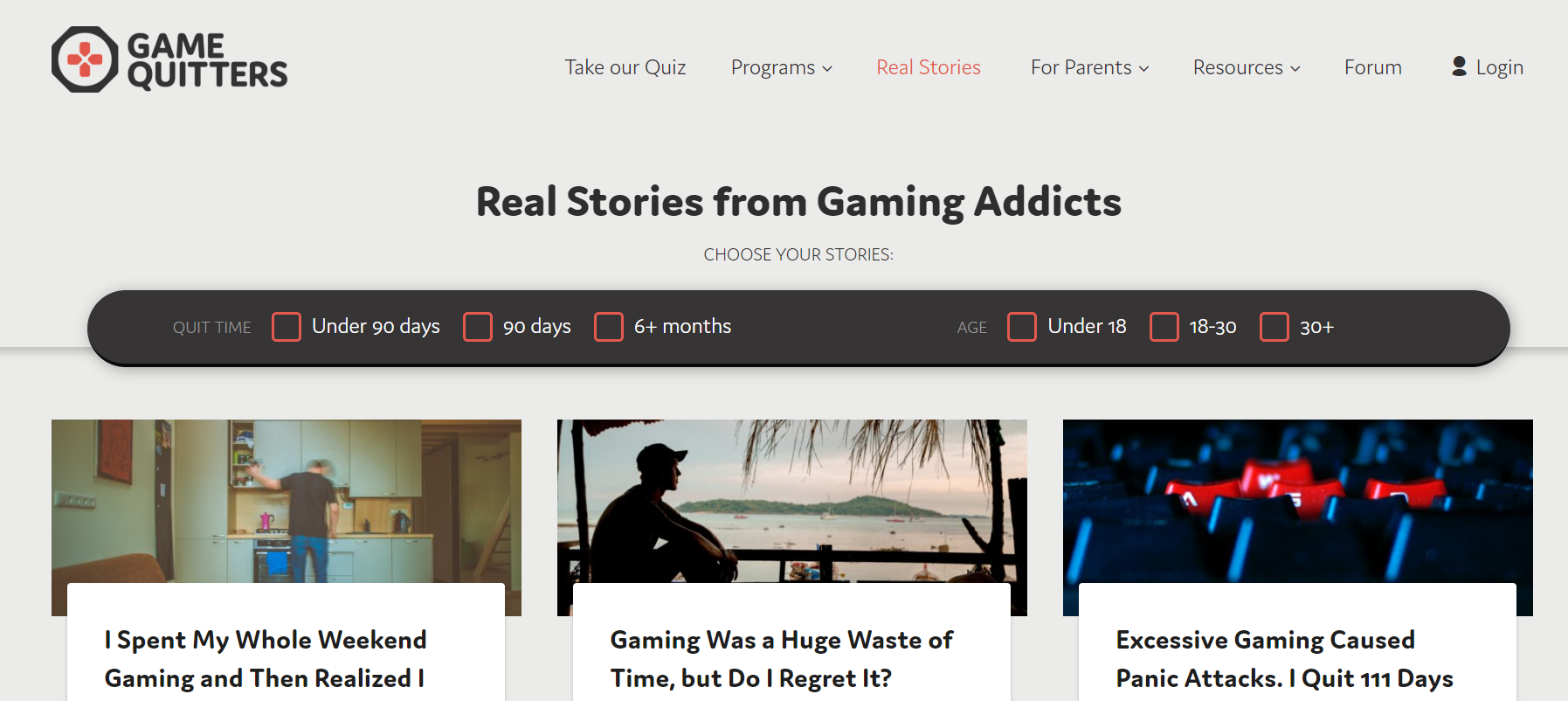
Cam: 50% of our members come from the United States, with 10% from the UK and 5% from Australia. There are many Western European countries represented after that, and of course countries in Southeast Asia, the Middle East, and Africa. Many people would be surprised to hear this, but we’ve also have helped gaming addicts in countries such as Zimbabwe and Iraq.
The typical member of Game Quitters is a 23 year old college student who is beginning to struggle in school and/or has failed all together. This person is typically living at home; they spend all their time on gaming, and avoid getting a job.
Will: What are some myths or misconceptions surrounding game addiction?
Cam: One huge myth is that game addiction isn’t a common problem.
In truth, two billion people play video games, and the World Health Organization estimates that 3-4% of gamers (that’s 60 to 80 million people) struggle with addiction challenges. The numbers speak for themselves.
Some additional myths are…
Myth: Gamers have an underlying mental health problem.
Truth: The World Health Organization has confirmed that “gaming disorder” is a clinical entity on its own, independent of other underlying mental health conditions.
Myth: Gaming is healthy.
Truth: It can be, and many people do develop a passion for gaming, but their healthy gameplay has nothing to do with those who struggle with compulsive addiction issues. Think about it this way: some people can enjoy a glass of wine every alternate night, and leave it at that, but other struggle with alcohol abuse.
Myth: It’s a moral panic — while there is public anxiety about gaming addiction, this isn’t a legitimate issue.
Truth: There is no empirical evidence of this, and any studies that do exist on the topic only show that if ‘moral panic’ does exist, it is merely within the news media through their polarized clickbait articles, and not within those seeking help.
The key to overcoming game addiction
Will: What’s the most valuable advice you can give to someone who’s struggling with game addiction?
Cam: Simple — stop gaming. I’m talking about a clean break. Find new activities to replace gaming, and make sure you schedule your week and your day. If this sounds drastic to you, remember:
“Continuing to game is not going to change anything.”
You don’t have to quit forever, but start with a 90 day detox so that you can break the pattern of gaming and gain a clearer perspective on your relationship to gaming. It’s much easier to moderate your gaming once you’ve had a clean break for 90 days, as opposed to slowly trying cut back.
Will: Tell us more about Respawn, the program that you created to help addicted gamers. How did you come up with the idea of creating such a program?
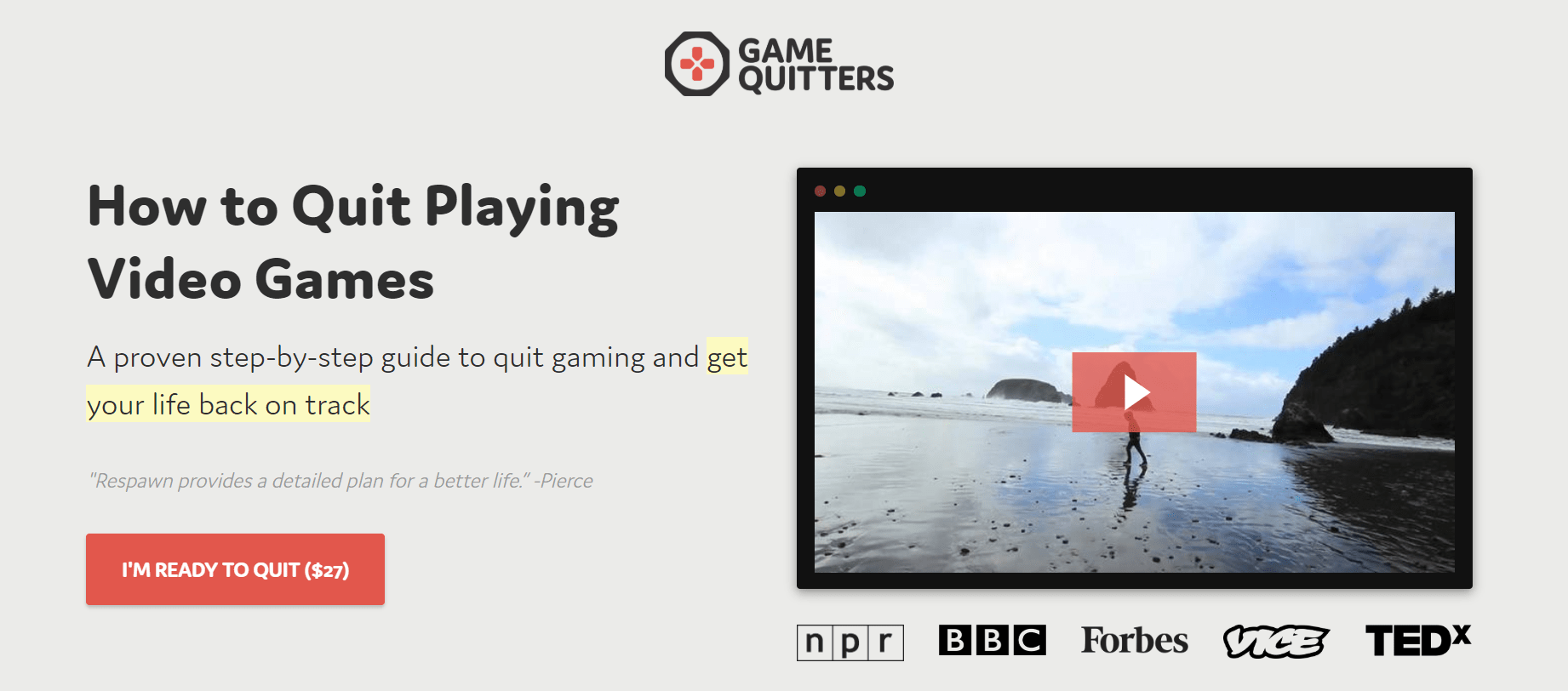
Cam: My mission has always been to ensure no matter who you are, you are able to get support for free — that’s why we have 200+ videos on YouTube and a free community forum. But for people who wanted a structured step-by-step program, Respawn is there.
In essence, Respawn is a simple “I’m ready to take action” guide. It contains answers to the most common questions I receive from thousands of gamers, including how to find new activities, how to deal with cravings, what to do about your old gamer friends, etc.
Will: Was Respawn your first attempt at monetizing Game Quitters? Did you encounter any pushback or resistance from your members?
Cam: Yes, it was. I wanted to make Respawn affordable, though — so instead of pricing the program at the typical course range of $500, I priced it at $47.
I have received some pushback over the years; of course, negative feedback is never easy to hear. This is especially so when you think about how we’ve priced the program so affordably, and we’re doing so many other things to help people for free.
That said, I understand that there will be people who are skeptical of a program like this. Fortunately, I’ve let the work we do speak for itself, and there are thousands of people who have turned their lives around with the program. We also have a research paper on it now.
Will: Do you have plans to monetize Game Quitters in other ways? If not, is Respawn sufficient to sustain the platform?
Cam: Respawn wasn’t enough to make Game Quitters sustainable, so in 2017, we launched a program for parents called Reclaim.
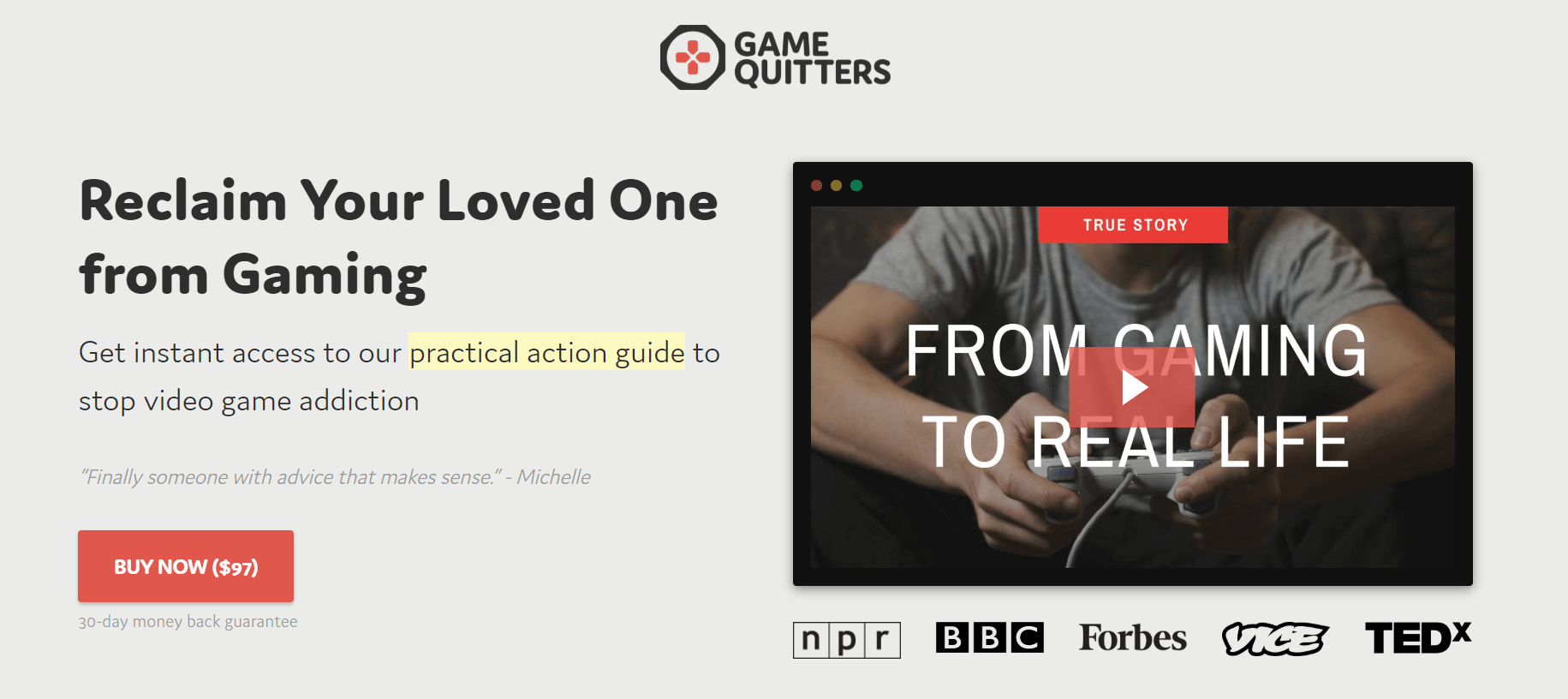
“Focusing on a demographic that has a higher income has helped us immensely.”
Spending $97 on a program like Reclaim isn’t a big deal to a parent; in comparison, spending just $47 on Respawn is tough for a college student who’s already broke.
Game Quitters’ evolution across the years, and factors leading to its success
Will: How has Game Quitters evolved from when it was first launched? How do you decide what new features or products you want to work on?
Cam: When we first launched, we were solely focused on serving gamers in our little corner of the internet.
Today, we’re serving gamers, parents and professionals; we also partner with digital detox summer camps such as RESET Summer Camps, and license our materials to treatment centers such as The Cabin. Also —
“We’ve now become the voice of an issue on a global scale in press”.
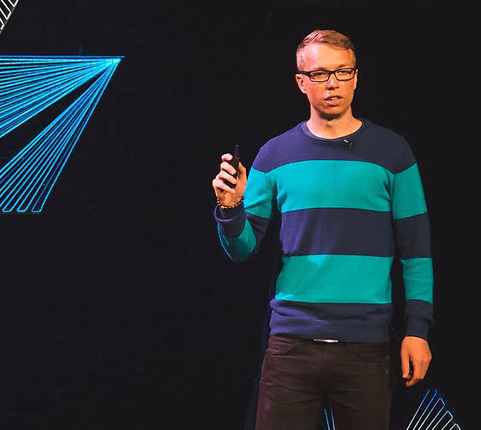
Last but not least, we recently updated our branding from a fun gamer-related branding to something that allows us to connect with gamers, professionals and organizations alike. I’m forever grateful to Derek Heisler for an outstanding job on our new branding.
Will: What channels do you rely on to promote Game Quitters? How much is your marketing budget, and what percentage of this do you put in each channel? Which channel has had the greatest ROI for you so far?
Cam: The only paid marketing we do is a small $50 monthly budget for a retargeting ad on Facebook. The reason we are doing a small retargeting ad is because it’s what I would describe as “low hanging fruit”.
“We see retargeting an easy win that generates ROI, without requiring any real maintenance on our part.”
Ideally, I’d invest more in YouTube ads and grow our YouTube channel, but I find setting up these ads to be such a pain. If it was as easy as clicking ‘boost’ on my video like it is on Facebook I would do it — but it’s not, and I currently have other priorities.
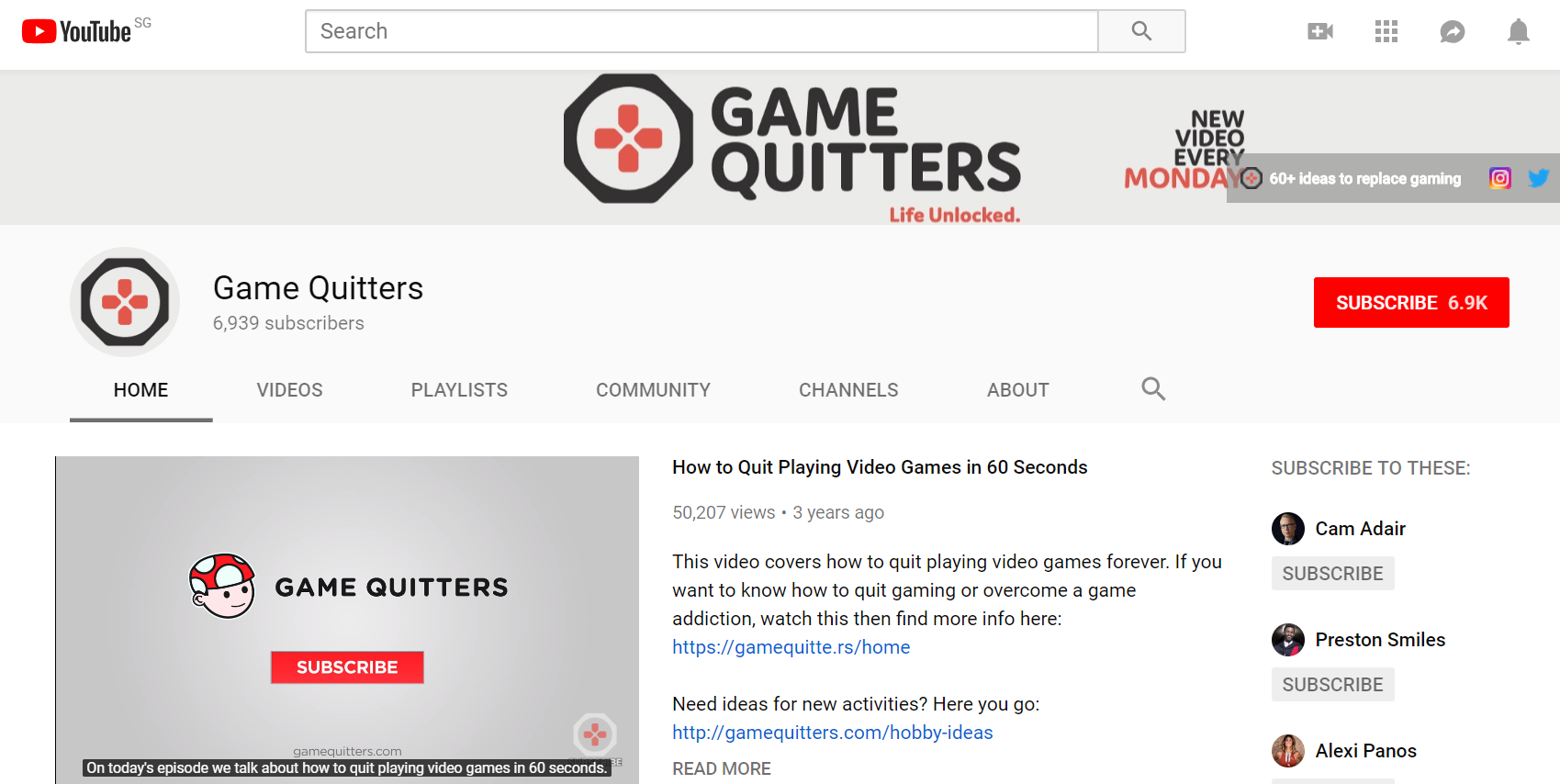
Aside from that, Reddit, YouTube, and SEO are great channels for us.
“The strategy is simple: find the most common questions being asked on Reddit, and make videos and blog posts about them.”
Our goal is to have our content become the go-to resource that people share anytime someone asks that particular question.
Last but not least, we’re now also putting out timely content related to topics that are trending. For instance, Fortnite has now become a global sensation — so I wrote a parents’ guide to Fortnite addiction. This guide was optimized around the keyword “Fortnite addiction”, and within days of publishing the guide, it shot to the top of Google’s search rankings. We now receive 1,500+ unique visitors a week from this article.
Will: What is the one thing that you struggled with the most in Game Quitters’ early days? What is the thing that you’re struggling the most with right now?
Cam: Monetizing was the biggest challenge, by far.
“We struggled with monetizing, because it conflicted with our mission of ensuring everyone was able to get the best support possible for free.”
Shifting our monetization efforts to parents instead of gamers helped a lot, so that’s less of an issue now. My biggest struggle that I’m currently facing is feeling like I’m limiting Game Quitters’ impact by not building a team. The thing is: I love the work I do, and I have no interest in delegating work to and managing a team.
Will: What three factors would you attribute Game Quitters’ success to?
Cam: Relentless consistency, the best content (free and paid) in the market, and branding that connects.
Will: What are the three most important metrics that Game Quitters monitors?
Cam: Currently I pay a lot of attention to monthly unique visitors, the number of members of our parent support group on Facebook, and monthly revenue from our parent program.
Will: What is Game Quitters doing in yearly revenue now? Do you have any revenue goals, or are you content with making enough money just to get by?
Cam: We just hit $100,000 for 2018 and I couldn’t be more stoked. I’d like to hit $250,000 next year and then re-evaluate. The more revenue we earn, the more we are able to leverage it for more impact.
Lifehacks, sources of inspiration, and tips on relaxation
Will: What is your favorite lifehack? (Business or non-business related).
Cam: Sleep. Sometimes sleep is the most productive thing you can do.
Will: Which entrepreneur, leader or business owner inspires you the most?
Cam: Elon Musk, because he is not afraid to be a trailblazer on a massive issue that matters.
Will: What business tool would you find it hard to live without?
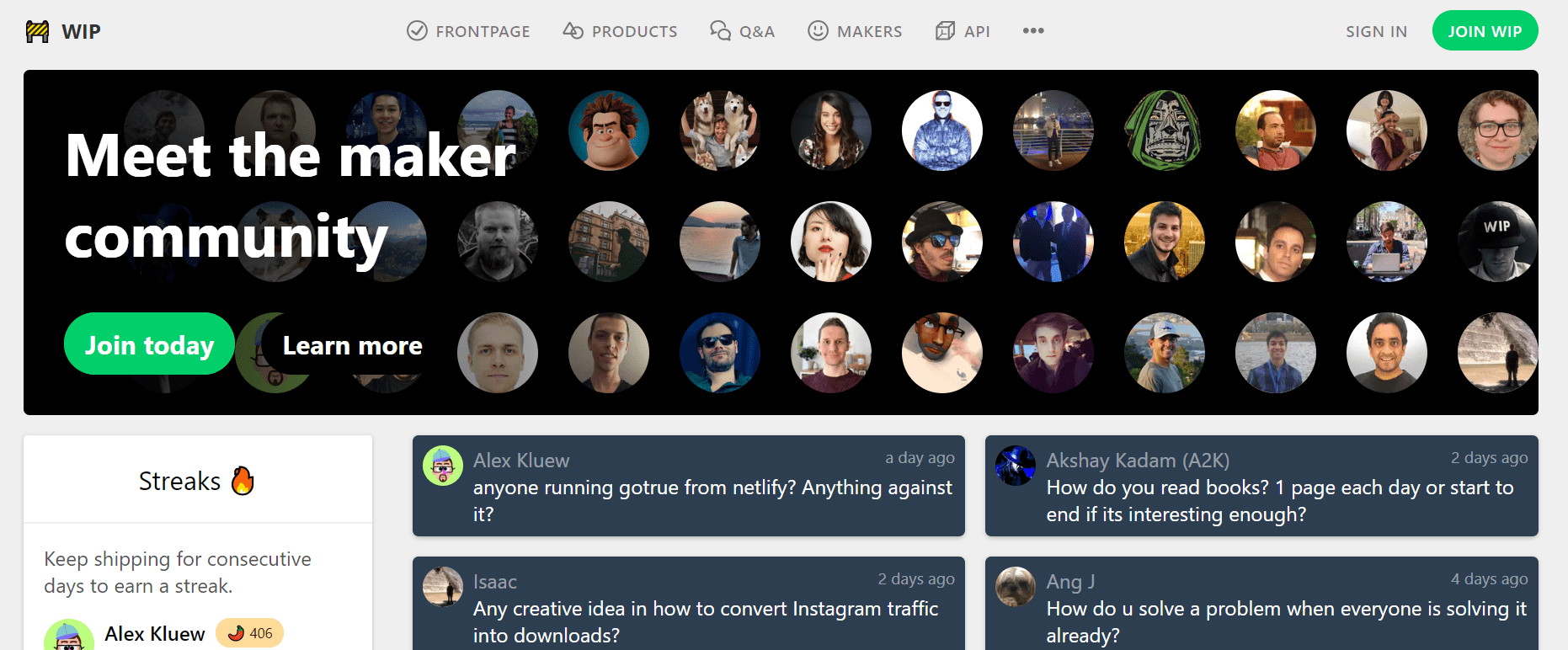
Cam: WIP.chat. Being a solo entrepreneur can get very lonely, and the WIP telegram group helps me stay connected to others making cool projects.
It’s also been great for accountability – it keeps me questioning myself: Am I really working on something that moves the business forward right now? Or am I just doing something that makes me feel busy but isn’t productive? I’ve only been part of this chat for 4 months, but it’s completely changed my level of productivity.
Will: If you had $100,000 to invest in one public company, what company would it be?
Cam: Amazon. I believe they are positioned to dominate multiple markets over the coming decades, and they’re still scratching the surface of their potential.
Will: What do you do to destress and relax?
Surfing or going to the gym. Otherwise just hanging out with friends, listening to music, or watching The Office.

